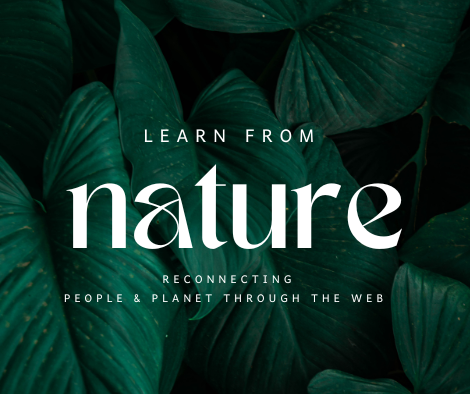As we begin a brand new year 2023, as part of your resolutions you might be wanting to include taking positive steps forward to help out Nature and enjoy the positives of being outdoors. Here are some key dates for environmental events for the next 7 months that might support yourself alongside projects to protect Mother Nature…
World Wetlands Day – February 2nd – highlights the importance of actions that ensure that wetlands are conserved and sustainably used. It’s an appeal to invest financial, human and political capital to save the world’s wetlands from disappearing and to restore those we have degraded.
* More information here
Women in Science Day – February 11th –
Science and gender equality are both vital for the achievement of the internationally agreed development goals, including the 2030 Agenda for Sustainable Development. Over the past decades, the global community has made a lot of effort in inspiring and engaging women and girls in science. Yet women and girls continue to be excluded from participating fully in science.
* More info
School cleanup day – March 1 st –
A School Clean Up is a great way to inspire your students to learn about the impact of rubbish on their local environment while playing an active role in their community.
Students and teachers work together to clean up an area which is special to you. It can be the playground, a local park, or maybe bushland near your school – it’s up to you.
* More info on the website
Parks Week – March 5 to 13 – is all about hundreds of organisations across Australia and New Zealand holding events to celebrate the vital role parks play in creating liveable cities and thriving communities. Parks Week 2022 will focus on the how spending time in our parks and open spaces positively influences our wellbeing.
Earth Hour – March 26th – Every year, at 8:30 pm on the last Saturday of March, millions of people across the world show their support for our planet, raising awareness of nature loss and climate change – the two biggest threats facing our one home.
* More at EarthHour
World Migratory Bird Day – May 14th an annual awareness-raising campaign highlighting the need for the conservation of migratory birds and their habitats. It has a global outreach and is an effective tool to help raise global awareness of the threats faced by migratory birds, their ecological importance, and the need for international cooperation to conserve them.
World Oceans Day – June 8 – The ocean covers over 70% of the planet. It is our life source, supporting humanity’s sustenance and that of every other organism on earth.The ocean produces at least 50% of the planet’s oxygen, it is home to most of earth’s biodiversity, and is the main source of protein for more than a billion people around the world. Not to mention, the ocean is key to our economy with an estimated 40 million people being employed by ocean-based industries by 2030. As Australia is an island nation – with the marine spectacular Great Barrier Reef on its doorstep – protecting our seas and oceans is of paramount importance .
* More at this website https://www.un.org/en/observances/oceans-day
World Mangroves day – July 26th – “Mangroves are rare, spectacular and prolific ecosystems on the boundary between land and sea. These extra ordinary ecosystems contribute to the wellbeing, food security, and protection of coastal communities worldwide. They support a rich biodiversity and provide a valuable nursery habitat for fish and crustaceans. Mangroves also act as a form of natural coastal defence against storm surges, tsunamis, rising sea levels and erosion. “



